Are you experiencing stress or low self-confidence due to your urinary leaks? Urinary Incontinence (UI) among women is a major health concern with physiological, psychological, and economic impact. UI is incredibly bothersome and negatively affects many aspects of life, including sleep, emotional well-being, relationships, work productivity, and overall health-related quality of life. Keep reading to learn more about how you can improve incontinence and mental health.
Incontinence and Mental Health
1.Loss of self-confidence: people may fear embarrassment in social or professional settings leading to:
a. Avoidance behaviors: Skipping social gatherings, limiting travel, or avoiding new activities due to fear of accidents.
b. Body image issues: Feeling unattractive or ashamed, particularly if incontinence products (such as pads or adult diapers) are necessary.
c. Performance anxiety: Concerns about incontinence can affect work performance, public speaking, or participation in physical activities
2. Emotional Distress: constant worry and stress associated with managing incontinence can lead to significant emotional distress.
a. Anxiety: Persistent worry about potential accidents can create chronic anxiety, making it difficult to enjoy everyday activities.
b. Depression: Feeling helplessness, isolation, and embarrassment can contribute to depressive symptoms.
c. Low self-esteem: The stigma surrounding incontinence can lead to feelings of inadequacy and low self-worth
3. Social Isolation: the fear of public accidents can drive individuals to isolate themselves:
a. Loneliness: Reduced social interaction can result in feelings of loneliness and abandonment.
What Are Some Coping Strategies for Incontinence and Mental Health?
- Psychological support: Mental help support is vital when addressing incontinence and mental health.
- Lifestyle adjustments: Planning and packing extra pads or clothes in case can alleviate any stress. Also, being conscientious of diet and knowing what foods and drinks can exacerbate incontinence.
- Communication: Find a support system if you can with family members or friends who might be going through the same thing.
- Treatment: Incontinence doesn’t have to be something that you have to deal with and it is treatable.
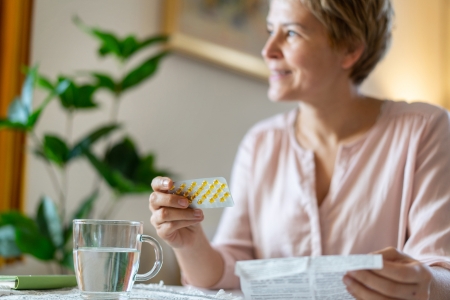
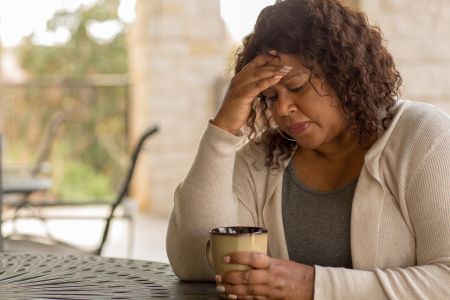
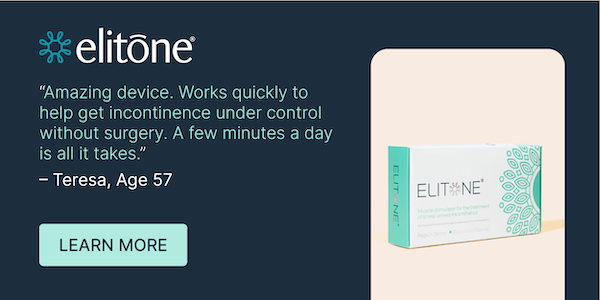


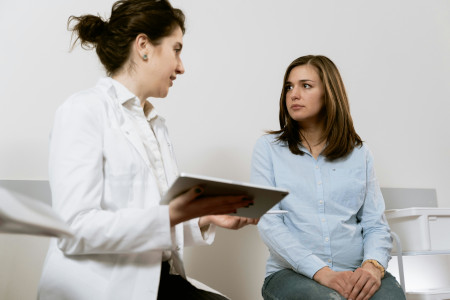


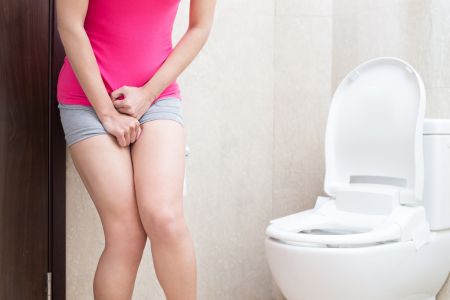


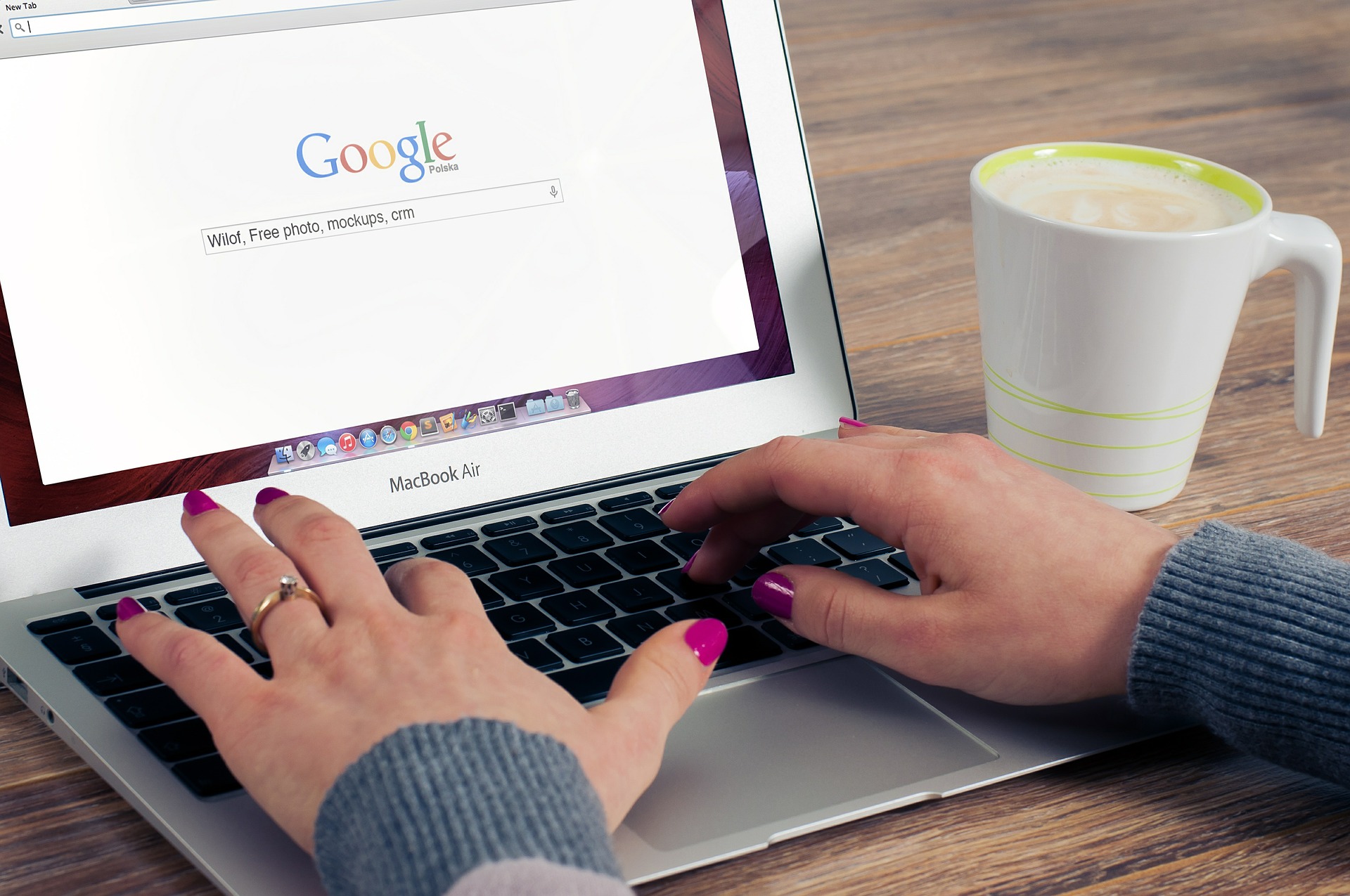
;?>/smartquizbuilder/includes/images/sqb-registration-img.jpg)

